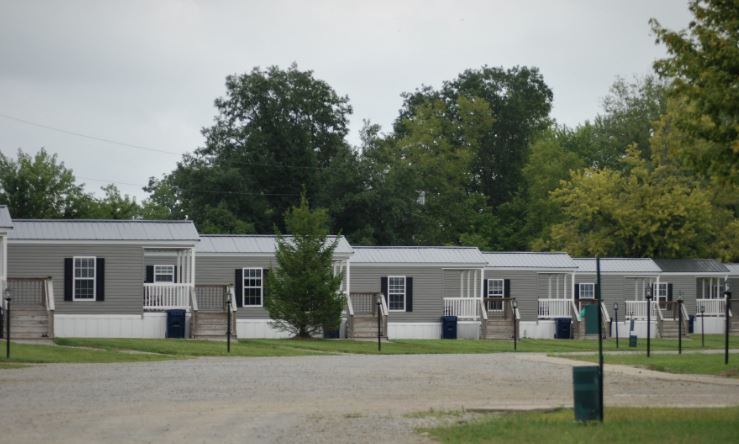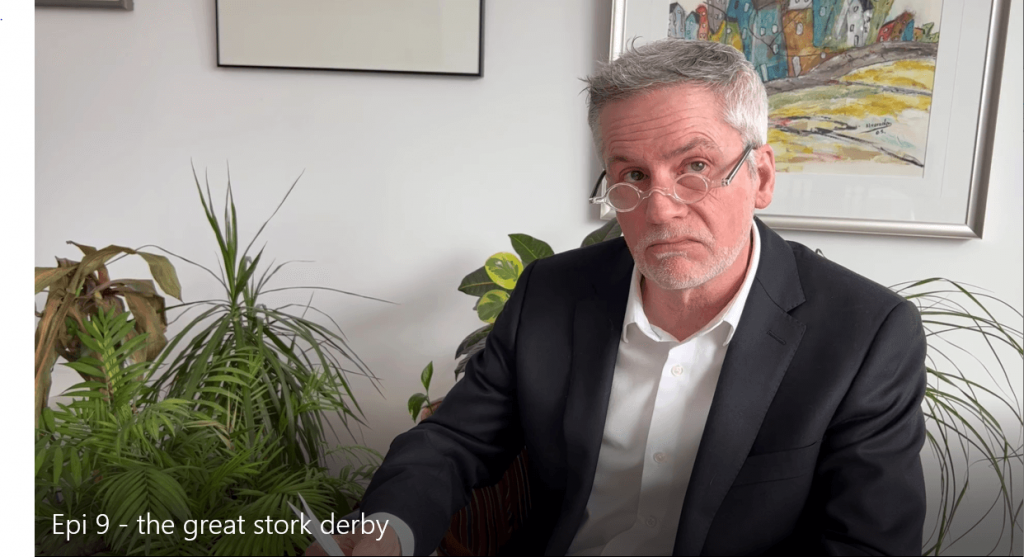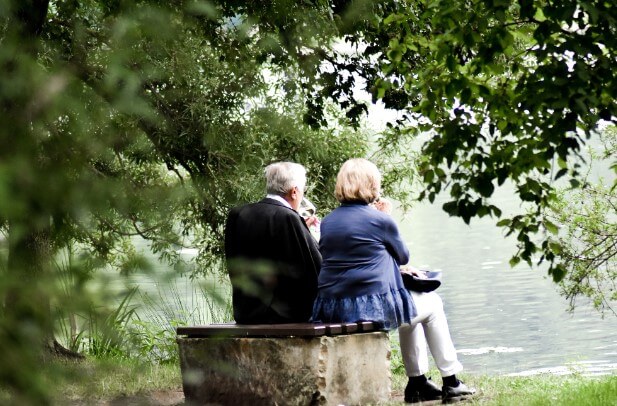This story from the Saskatchewan Court of Queen’s Bench[i] provides insight into what may happen when someone dies without a Will.
In the normal course of events, when someone dies, an estate trustee[ii] manages the estate until everything is settled and then distributes the assets to the deceased’s beneficiaries. One normally appoints an estate trustee in their Will. Where there is no Will, the court will appoint an estate trustee.
The estate
Michael Chaszewski did not have a Will when he died March 6, 2015. He left three children: Michelle Whelan, Peter Chaszewski and David Chaszewski, each entitled to an equal share of his estate which was modest. His assets were worth between $50,000 and $200,000 depending on who you ask, almost all of which was his rundown mobile home in Bienfait, Saskatchewan (for those not from Saskatchewan, it’s pronounced “bean-fate”).
David moves into the mobile home
In the months after Michael’s death, David began dealing with many of Michael’s estate issues. He dealt with some of his father’s personal items and even tried to sort out his father’s never-filed tax returns, despite not having the legal authority to do so. He spent money out of pocket to pay the residence’s property tax, utilities, and maintenance costs which would have normally been paid by the estate. David paid these costs for six years, from when he moved in until the siblings wound up in court in 2021. Also, he and his family moved into his father’s dilapidated mobile home.
Shortly after David moved in, Peter asked him to begin paying $500 per month rent. David declined to do so unless the siblings could agree amongst themselves on the value of the estate including the mobile home. David and his family continued living there, without paying rent.
Starting in 2015, David made extensive renovations to the property. First, he replaced the hail-damaged roof and replaced all the windows and doors, some of which were broken or leaking. He rebuilt the dilapidated sunroom addition. And, starting in 2019, three and a half years after his father’s death, he began upgrading the floors, kitchen, and bathroom. Throughout these years, he continued to pay the property tax, utilities, and maintenance costs.
David did many of the duties of an estate trustee. Without being appointed, he stepped into the role and Michelle and Peter let him carry on. Occasionally, the siblings tried to sort out a formal arrangement, but they were never able to agree. At one point, for instance, David asked Michelle and Peter to join as co-estate trustees, but Peter refused.
The siblings go to court
Finally, in 2021, Michelle and Peter took an application to the Saskatchewan Court of Queen’s Bench to be appointed as co-estate trustees. Additionally, they wanted the right to evict their brother from their father’s home. Conversely, David applied to be appointed as the sole estate trustee.
Justice Kilback considered two main factors:
- Who is best able to convert the assets of the estate for the benefit of the beneficiaries?
- Who is best able to remain neutral and not pick sides?
He left David out and appointed Michelle and Peter as co-estate trustees. Justice Kilback determined that even though David had been carrying out many of the duties of estate trustee, he had not been focused on realizing the best value of the estate for the beneficiaries. Also, David had a significant conflict to interest — he wanted to minimize the value of the mobile home because he wanted to buy his siblings out, but the beneficiaries’ interest was to maximize the value of the residence to wind up with as much money as possible. This conflict of interest made it impossible for David to be a neutral estate trustee.
David keeps the mobile home, for now
Since his father’s death, David had been clear with his siblings — he wanted ownership of the home. Against Michelle and Peter’s request, Justice Kilback determined it would not be fair to evict David and sell the residence without first giving him the opportunity to arrange financing and pay his siblings out. This would require a definitive valuation of the estate and mobile home.
Valuing the estate was essential to a resolution as there was significant disagreement on what the mobile home was worth. David valued the residence around $50,000; Michelle and Peter valued it at around $150,000.
David was also ordered to cooperate with the newly appointed estate trustees, Michelle and Peter. He was required to provide a full accounting of everything he had done regarding his father’s assets which, after six years, is no small task. For instance, the money David spent on property tax and maintenance would have to be offset against the rent he should have been paying.
Lessons for individual and families
If you do not have a Will, you should. Appointing an estate trustee avoids uncertainty and doesn’t leave your children — who may not be able to cooperate — to sort things out on their own.
If you are dealing with parts of an estate and there is no estate trustee, proceed with caution and document everything you do. David did not have formal legal authority to deal with his dad’s estate, but he was in Bienfait (his siblings were in Manitoba and Alberta) and there were things that needed to be done so he did them. In all estates, everything may need to be accounted for eventually. In Ontario, “passing of accounts” is the process of obtaining court approval for everything done with an estate, certifying for the beneficiaries that everything was on the up and up. Thus, if you are dealing with an estate, keep good records, just in case.
If you are a beneficiary and there is no estate trustee, you may want to act quickly to protect your interest. Get an estate trustee appointed. Michelle and Peter let David carry on dealing with their father’s estate for years. It may be that everything David did was fine, it seems it was, but bringing clarity to each siblings’ role earlier would have been helpful.
If you are one of several beneficiaries, cooperate. This may not be possible, but you are well advised to try. If David, Michelle, and Peter had cooperated shortly after their father’s death, they could have concluded the administration of Michael’s estate quickly and without significant expense.
[i] Whelan v Chaszewski before the honourable Justice K.D. Kilback of the Saskatchewan Court of Queen’s Bench. Judgment delivered November 1, 2021. Whelan v Chaszewski, 2021 SKQB 286 (CanLII)
[ii] I am using the Ontario term “estate trustee” which is not used in all jurisdictions. Saskatchewan, for instance, uses “estate administrator” but they are substantively the same and I find it more convenient to stick to Ontario terminology.
This article is made available by the publisher, Scharf Estate Law, for entertainment and education.
The information in this article is not a substitute for competent legal advice from a licensed lawyer in your jurisdiction, wherever that may be.




